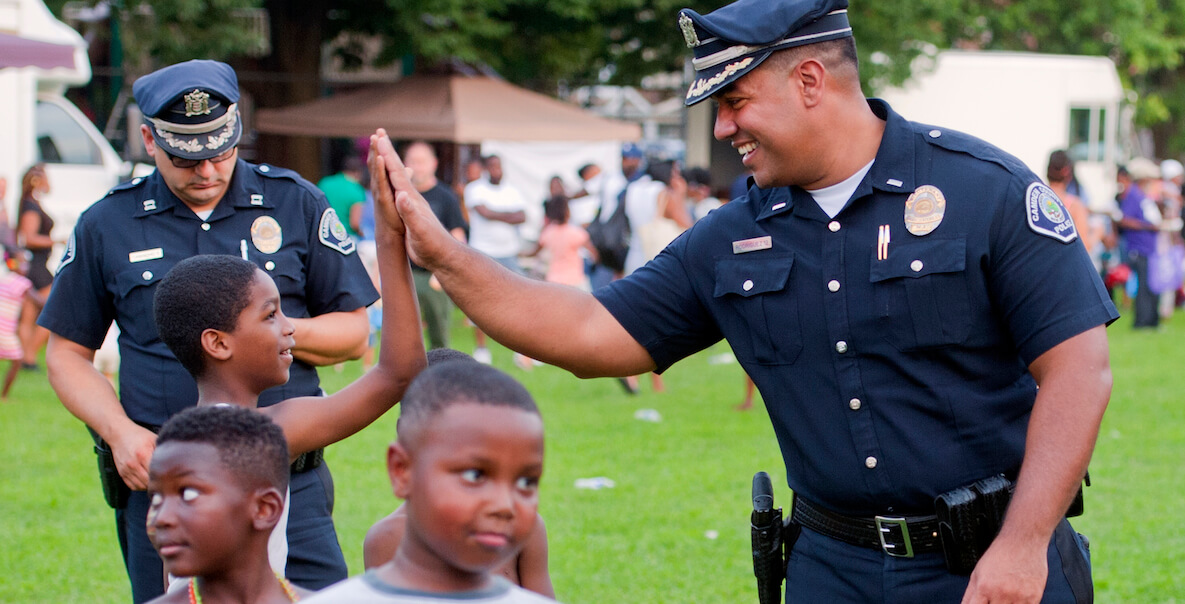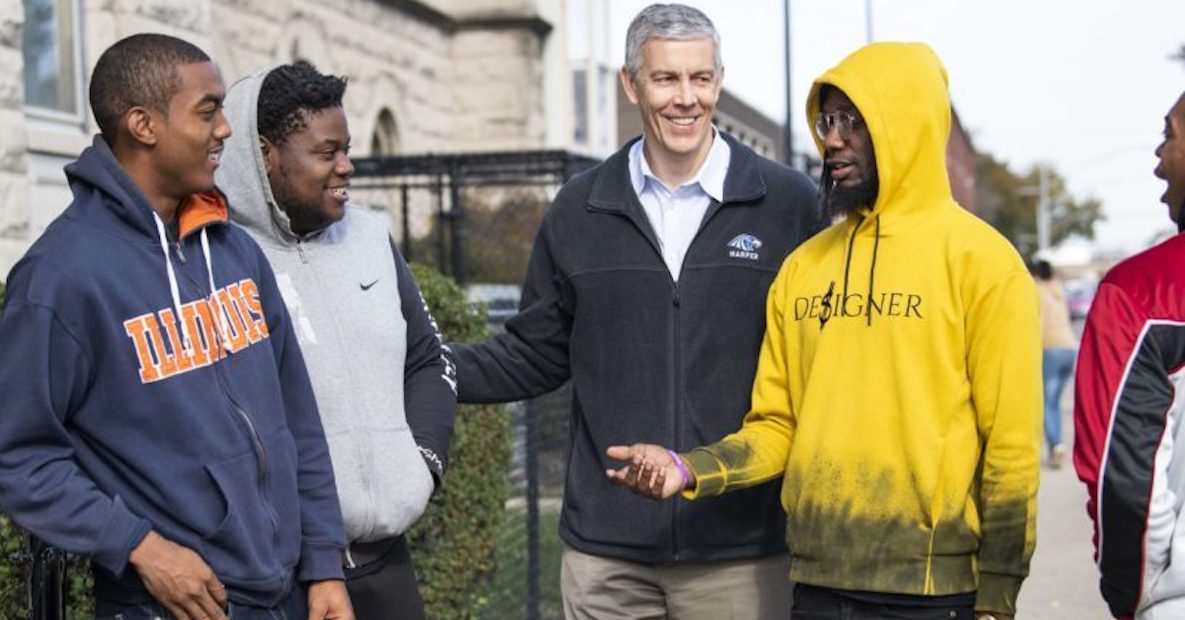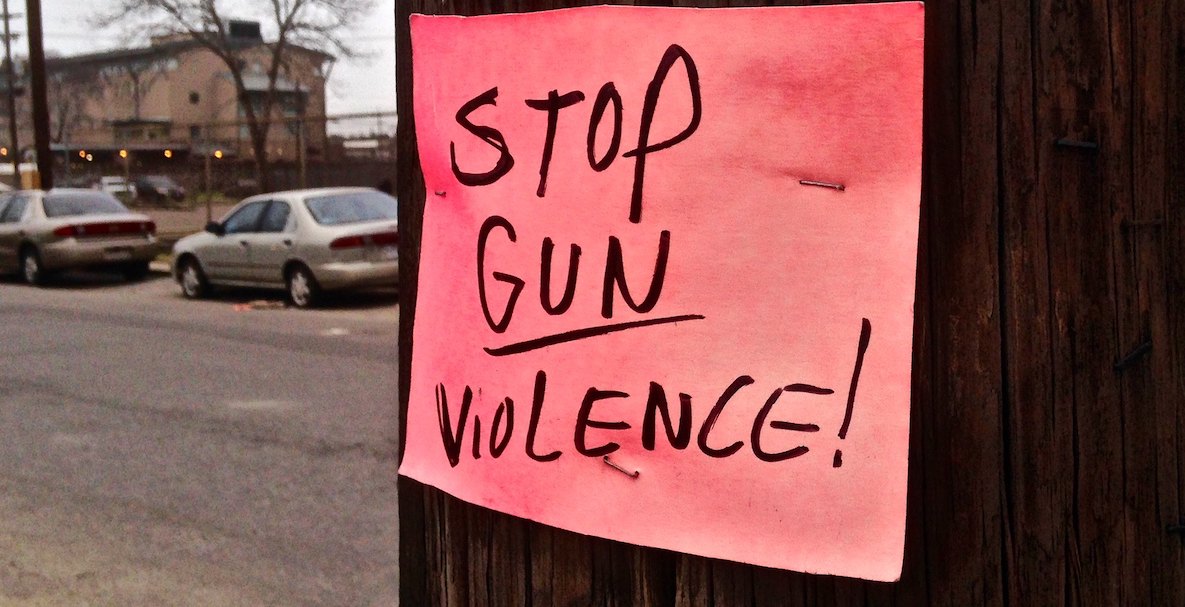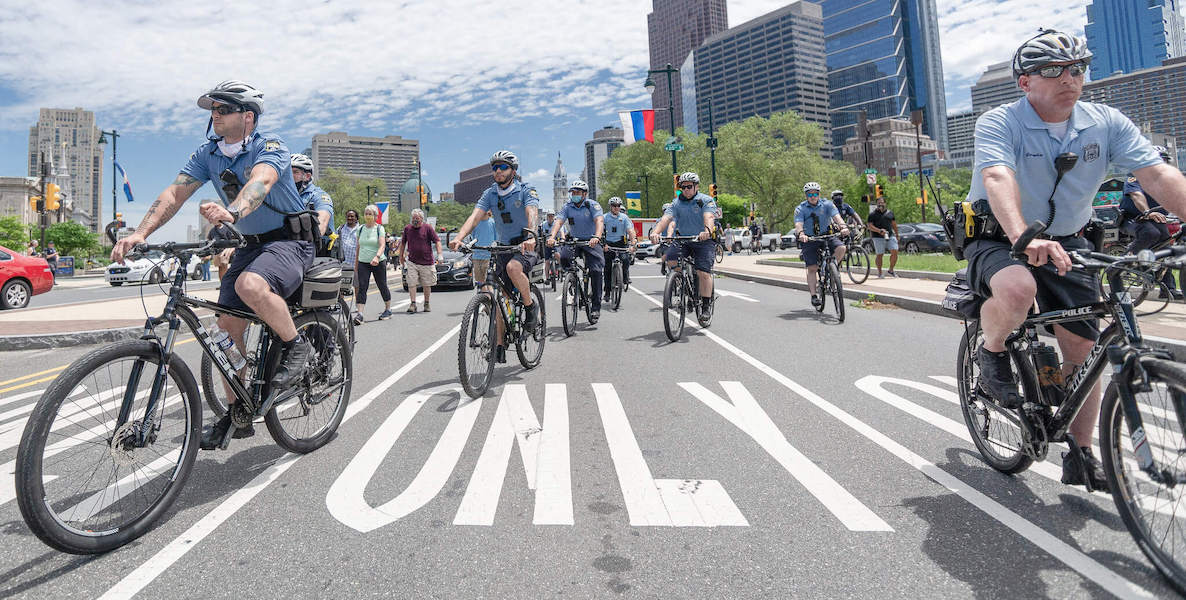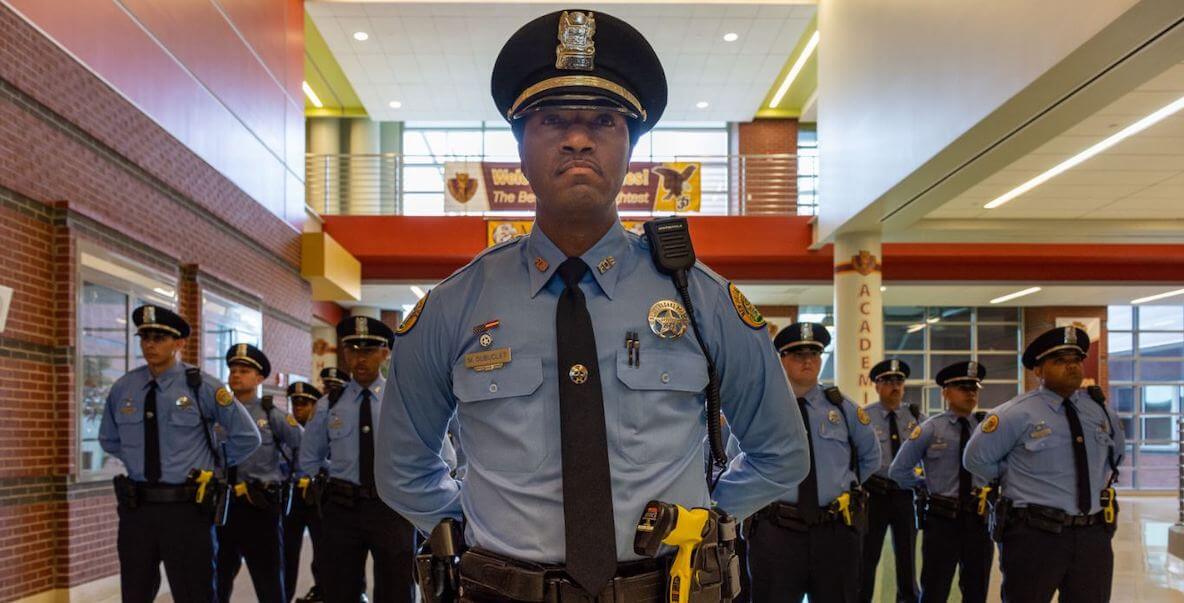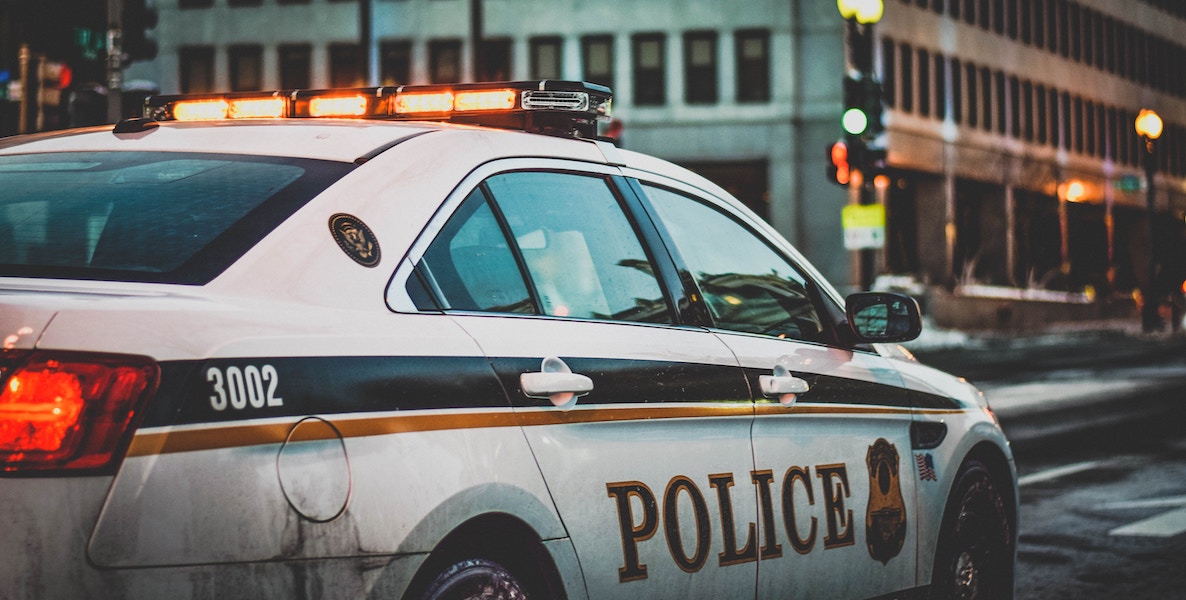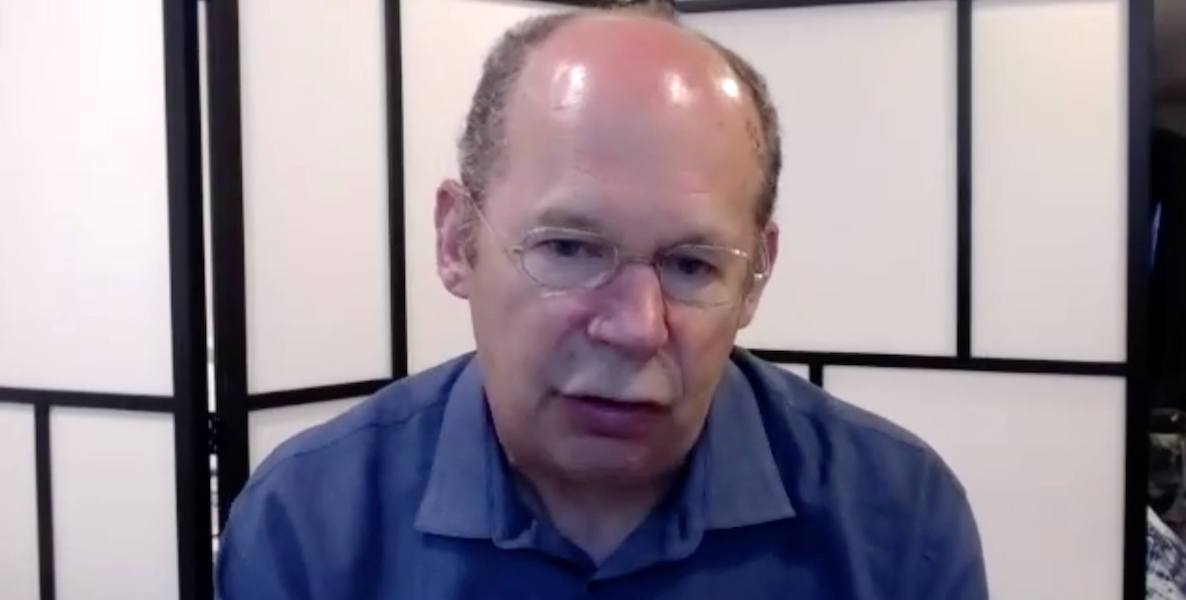Covid-19 recently claimed its 600,000 death in the United States, a grim milestone that we’ve been forced as a nation to confront. While the pandemic shut down our country, another often-overlooked epidemic raged on in our cities: Gun violence is at an all time high, with about 640 gun-related deaths projected in Philadelphia for 2021. Solutions to gun violence—and they do exist—are at the heart of The Citizen’s new seven-part podcast, Philly Under Fire, which you can listen to here.
But gun violence is not a new problem. Bestselling author Alex Kotlowitz’s latest book, An American Summer: Love and Death in Chicago, focuses on the summer of 2013, another period when shootings were alarmingly high in the midwestern city. Eight years later, there are still parallels between Philadelphia in 2021 and Chicago in 2013.
MORE ON REDUCING GUN VIOLENCE
Kotlowitz joined Citizen co-founder Larry Platt along with journalist Jo Piazza, producer of Philly Under Fire, for a recent virtual conversation to explore the book, and what it means for the gun violence epidemic today.
If you missed the event you can watch it just above. For now, here are five reasons Kotlowitz’s book is absolutely essential reading right now:
1. It elevates an important conversation about the consequences of street violence in cities
Perplexed and angered by the persistence of street violence in Chicago, Kotlowitz noticed that leaders were asking all the right questions after mass shootings around the country, but that the everyday violence in cities wasn’t getting the same attention. And so his book was born out of a desire to bring humanity to those directly impacted by street violence.
He realized that street violence victims were forced to relive their trauma constantly. Grief in cities is not orderly, and there is often no way to escape the constant reminders of gun violence, he said.
“You lose someone to the violence—a family member, a friend—and then you’re looking over your shoulder to who might be next,” Kotlowitz said.
2. Kotlowitz fully immerses himself in his reporting
When Kotlowitz first decided to explore gun violence during a single summer, he thought his research for the book would be quick. After seeing the intersection of race and violence unfold in the lives of the people he met, his six months of planned reporting turned into a four-year project.
He strove to be open and honest during his reporting, wanting people to see why they should share their stories publicly. “It might be that nobody has ever come along and asked them about themselves,” he said.
He worked to create a deep sense of intimacy with the people he interviewed, and many have become an important part of his life. After completing his research for this book, he found himself in a profound state of depression and sought out a therapist. While struggling with this secondary trauma, Kotlowitz used the relationships he had formed to keep him going.
3. An American Summer is a master class in storytelling
There has often been a lack of storytelling in local news about gun crime. This book goes beyond the surface level violence and shares the stories of real victims with a wider audience.
“The beauty of stories is it lets people find their own ways,” Kotlowitz said.
While our public discourse has been taken over by 140-character statements, this book showed that stories make people ask questions and allow us to make sense of the world. The people most affected by street violence often never see themselves in the media they consume. Kotlowitz hoped his stories would validate their experiences and make them feel less alone.
He hopes his book empowers people to show empathy towards those impacted by street violence. He wants to provide a different perspective on these people and urges readers to find common humanity. He also dispels the myths that people are able to move on from gun trauma easily and that those impacted by gun violence are simply “getting what they deserve.”
4. The characters in An American Summer are complex, and they will speak to you
Kotlowitz shares the stories of people who are often reduced to a single crime by the news. He begins his book by introducing Marcelo, a young straight-A student who was also committing robberies with a local street gang. He explores this juxtaposition as he followed Marcelo’s journey to figure out who he really was.
He also documents the stories of Thomas, a 16-year-old who witnessed the murder of his friend and decided to testify, as well as Anita, the social worker who championed Thomas and supported him in processing his emotional trauma.
Kotlowitz introduces us to Eddie, a man who shot a rival gang member when he was 18 years old, served his prison sentence, and then dedicated his life to disrupting street violence in his search for self-forgiveness. Eddie’s story becomes intertwined with Doris, a woman who lost her son to gun violence, as the two set up a support group for mothers who faced similar trauma.
By portraying these characters in their entirety, Kotlowitz showed that one moment does not define any of us.
5. The book sparks an important dialogue about solutions to the gun violence epidemic
Gun violence is an extremely complicated issue with diverse solutions. Kotlowitz doesn’t think that a solution was needed in his book.
“We tell stories not to answer questions, but to ask them,” he said.
But the book naturally brought certain gun violence solutions into question. Kotlowitz discussed the need to provide victims with cognitive behavioral therapy to deal with their trauma, to rebuild underserved communities of color, to mend the deteriorated relationship between police and these neighborhoods, and to get illegal guns off the streets. He also mentioned the need for organizations fighting gun violence, like Healing Hurt People in Philadelphia, to be getting the funding that they deserve.
“I feel like my commitment to continuing to write about these issues—the violence, the intersection of race and poverty in this country—I mean it has to do with this sort of fundamental belief that I have that life ought to be fair,” he says. “And you spend time in these communities…and you recognize how unfair it is, how unlevel that playing field is. And so, you know, you tell stories in some ways with the hope that those stories will lead to a sense of fairness.”
Correction: A previous version of this piece did not reflect the accurate number of Covid-19-related deaths.



